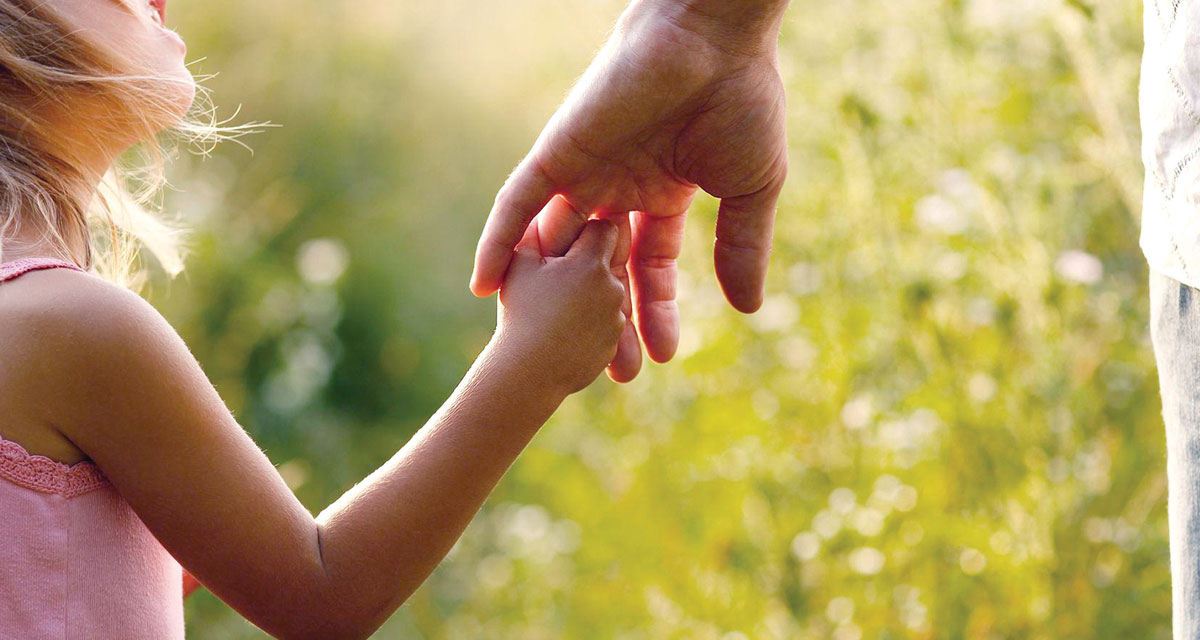As we celebrate the miracle of Easter this time of year, we’re not only recognizing the gift that Jesus gave us for all time, we’re also empathizing with his extreme sacrifice in the moment for the sole purpose of forgiving our sins.
Empathy is a powerful emotion. One that is essential in order to truly relate to others on a more personal level. In fact, in Korean culture, it’s seen as so important they teach their young children Nunchi (a concept signifying the subtle art of gauging other’s moods) at a very young age, in order for them to grow into better citizens. They take this skill very seriously, and hone it in their children as part of their teachings. It’s quite effective in allowing them to be more adept in their relationships to others, making it possible to communicate on a much deeper level. It’s not just verbal cues, including the vocal tone the person uses, but also the physical cues displayed that reveal what that person is feeling in the moment. Koreans treat good personal relations with high regard and consider them essential for one’s ultimate success. Therefore, one’s ability and skills with Nunchi are extremely valuable in maintaining a more effective communication with others. And there’s no better time to start teaching this than when the children are young. In their culture, developing and promoting personal relationships is of utmost importance, including, and especially, trust. Nunchi is a large part of the process of establishing these close, trustworthy relationships.
All too often today, we’re replacing empathy with apathy in our casual relationships, failing to stop and realize the impact we’re having on others, or even what they may be going through on their own. Empathy is something we need more of in all areas of life. Whether it’s our co-worker who’s going through a challenging time; a friend who’s looking for someone to listen; or a family member or mate who is struggling with an important matter.
In each instance, through empathy, we can make a difference. Perhaps even enough difference to remove their worry altogether, which would be ideal. Regardless of whether we can eliminate their concern or not, sometimes just being present in the moment and giving them the attention they need to restore their faith in themselves and their situation is enough in itself. We may never actually learn for sure, but that shouldn’t prevent us from offering our empathy, nonetheless.
To be empathetic is not only to understand and relate to what another person is feeling, it also triggers compassion for them that provides much-needed comfort and support. Too often, we see this quality as a two-way street. After all, if we feel empathy towards someone, shouldn’t they return the favor to us when we need it? It makes sense on the surface, except the world is a much bigger place. That means we shouldn’t see our offering as a gift to be reciprocated by the other individual. Instead, if it’s prevalent enough, empathy should just flow where and when it’s needed, regardless of who is showing it. So, although your contribution may not be returned by the same person, ideally, it would still come from another, and so on.
If it’s perpetuated properly, there should be plenty to go around, thus making the world a better place for all of us. The world can be a difficult place sometimes; we can only imagine, or remember, what that must be like for our children, as they struggle to understand all the changes they’re going through. By taking a page out of Korean culture’s teachings, we may be able to make our children’s world and ours a little brighter and more manageable, knowing that someone else understands what we’re feeling and is there to support us.
To comment, visit theviewfrommysection.com.



















